MPs slam 'regressive' broadband tax plans
Plans to roll out 2Mbps broadband across the country have also been questioned.
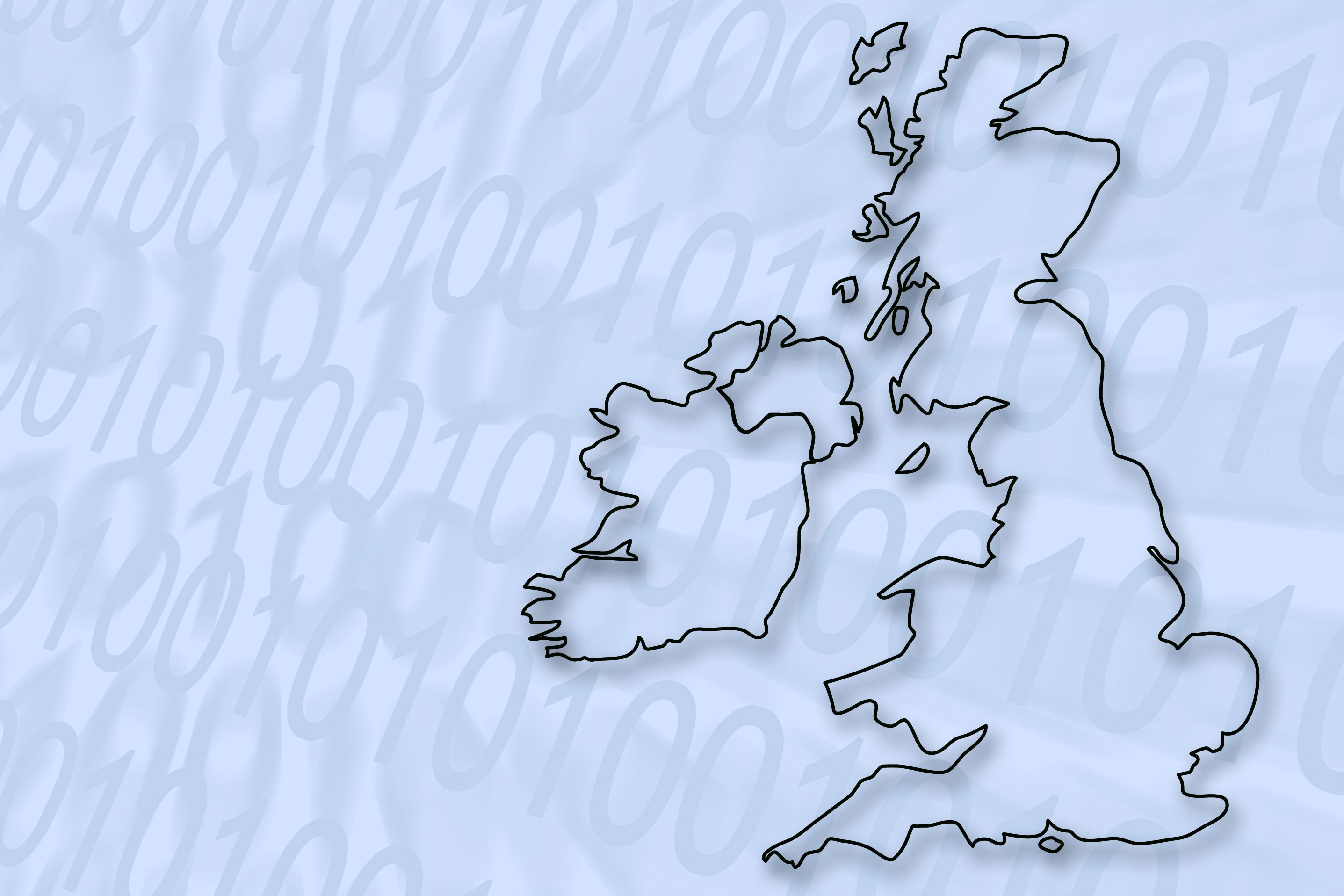

Plans to put a surcharge on broadband lines have been slammed by a group of MPs as "regressive" and "poorly targeted".
The Digital Britain report was released last year and makes up the bulk of the Digital Economy Bill, which is currently going through parliament. The proposals have called for 2Mbps connections across the country, with the roll out to be paid for partially by a 50 pence broadband line tax.
The new report from the Business, Innovation and Skills Committee has slammed the thinking behind both those ideas.
Broadband tax
Regarding the broadband tax, which would be introduced in the next budget, the report said faster broadband would mostly benefit well-off people, while taxing all those with fixed phone lines - especially less well off people and the elderly.
"Such a levy would be both regressive and poorly targeted. It would have a much greater pact on the less well-off who will pay for an enhanced service which only a minority will enjoy," it said.
"If public funds are required for Next Generation Access, they should be raised through general taxation, in the same way as for any other national infrastructure programme," it added.
Get the ITPro daily newsletter
Sign up today and you will receive a free copy of our Future Focus 2025 report - the leading guidance on AI, cybersecurity and other IT challenges as per 700+ senior executives
2Mbps - what does that mean?
The report found no problem with the 2Mbps goal, but said the government had no idea what that goal actually means.
"This is an appropriate and achievable ambition. But the Government has not defined what 2Mbps will mean in practice," the report said.
When asked by the committee what the 2Mbps pledge actually meant, Minister Stephen Timms said it was not a guarantee of a minimum connection speed, but that the service would be "capable" of such speeds.
The Government later told the committee that the universal connection "should look and feel like a 2Mbps commitment as someone in areas served by the market would understand it" - which the report said was "not a helpful statement."
The committee called for a clear definition of what the pledge means, saying it should provide a 2Mbps connection at minimum.
Leadership
The report also called for a full-time minister to head up the Digital Britain project, noting that the departure of the report's author Lord Carter was a major blow.
"We remain concerned that following the resignation of Lord Carter, the Ministerial structure which created a part-time Minister for Digital Britain provides neither the appropriate ministerial oversight nor the weight to match the importance of this policy area."
Freelance journalist Nicole Kobie first started writing for ITPro in 2007, with bylines in New Scientist, Wired, PC Pro and many more.
Nicole the author of a book about the history of technology, The Long History of the Future.
-
 Should AI PCs be part of your next hardware refresh?
Should AI PCs be part of your next hardware refresh?AI PCs are fast becoming a business staple and a surefire way to future-proof your business
By Bobby Hellard
-
 Westcon-Comstor and Vectra AI launch brace of new channel initiatives
Westcon-Comstor and Vectra AI launch brace of new channel initiativesNews Westcon-Comstor and Vectra AI have announced the launch of two new channel growth initiatives focused on the managed security service provider (MSSP) space and AWS Marketplace.
By Daniel Todd
-
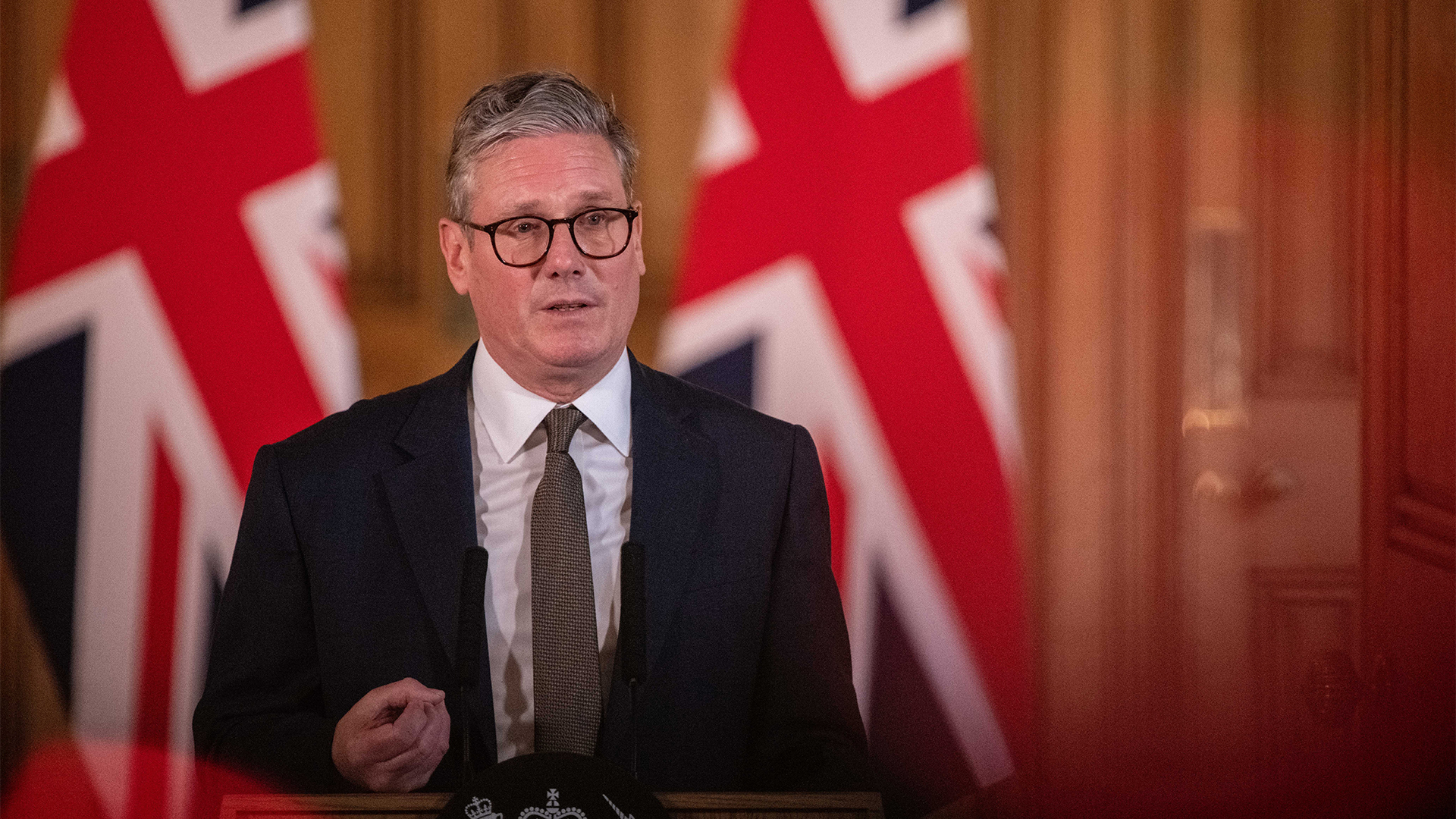 UK regions invited to apply for ‘AI Growth Zone’ status
UK regions invited to apply for ‘AI Growth Zone’ statusNews The UK government has opened up bidding for regions hoping to secure 'AI growth zone' status.
By Emma Woollacott
-
 “Botched government procurement” leads to £24 million Atos settlement
“Botched government procurement” leads to £24 million Atos settlementNews Labour has accused the Conservative government of using taxpayers’ money to pay for their own mistakes
By Zach Marzouk
-
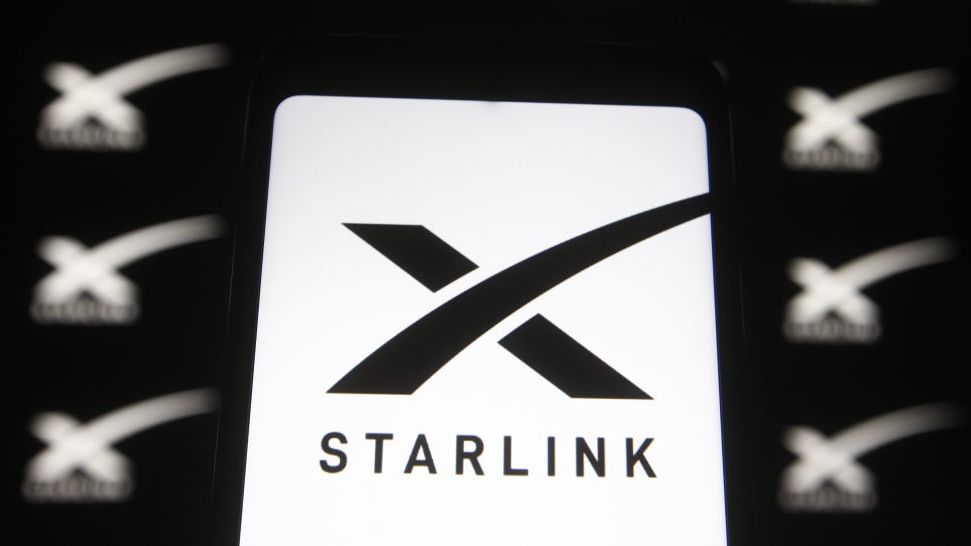 UK government to run Starlink trials in Snowdonia, Lake District
UK government to run Starlink trials in Snowdonia, Lake DistrictNews The government has indicated low-Earth orbit satellites could be key to expanding connectivity to UK businesses
By Rory Bathgate
-
 Government holds talks with data centre operators over energy blackout threat
Government holds talks with data centre operators over energy blackout threatNews One data centre operator has been preparing to switch over to diesel power in the event of a national blackout
By Zach Marzouk
-
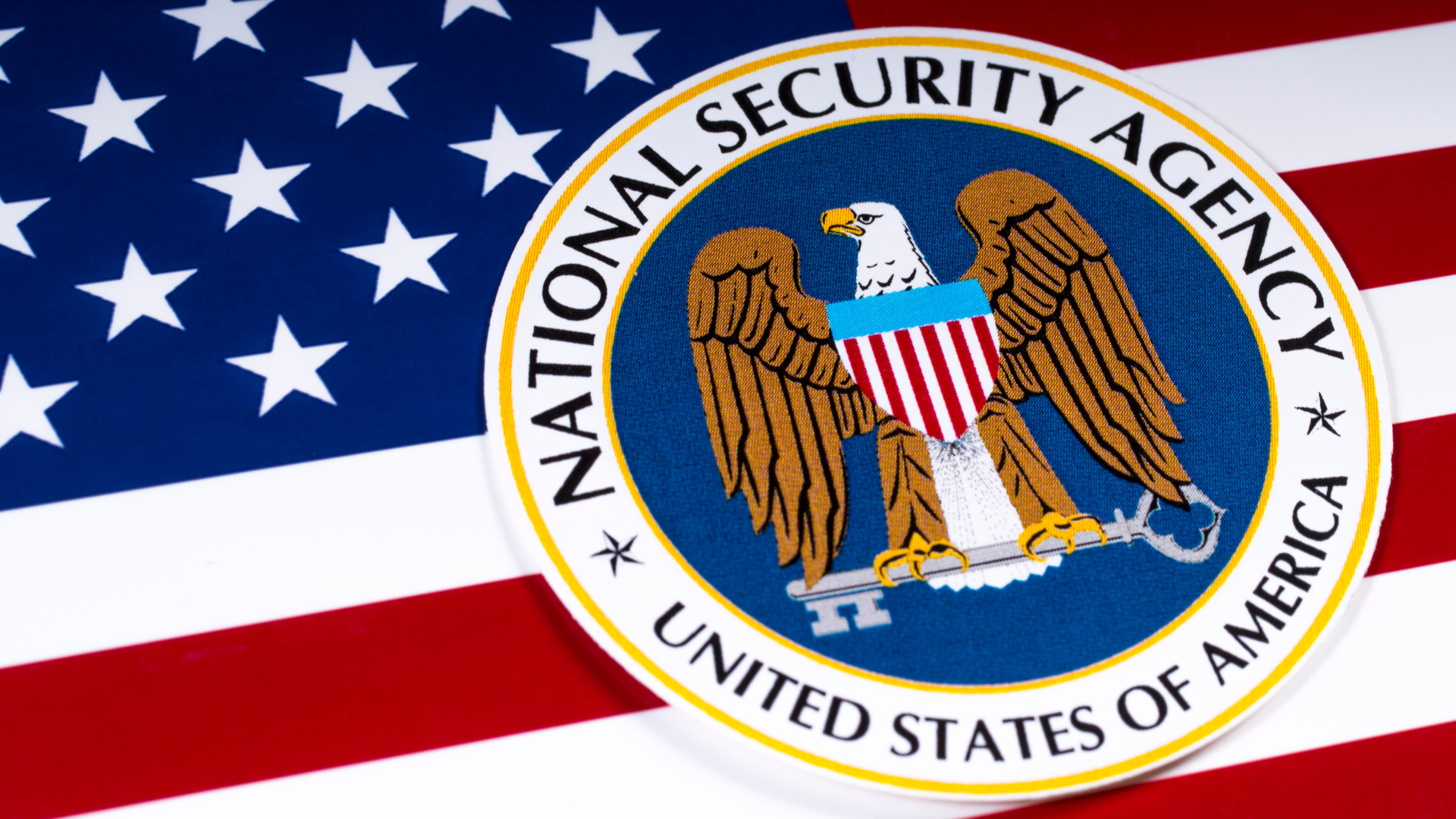 HPE inks $2 billion high-performance computing deal with the NSA
HPE inks $2 billion high-performance computing deal with the NSANews HPE will provide scalable on-premises computing to the NSA using Greenlake
By Danny Bradbury
-
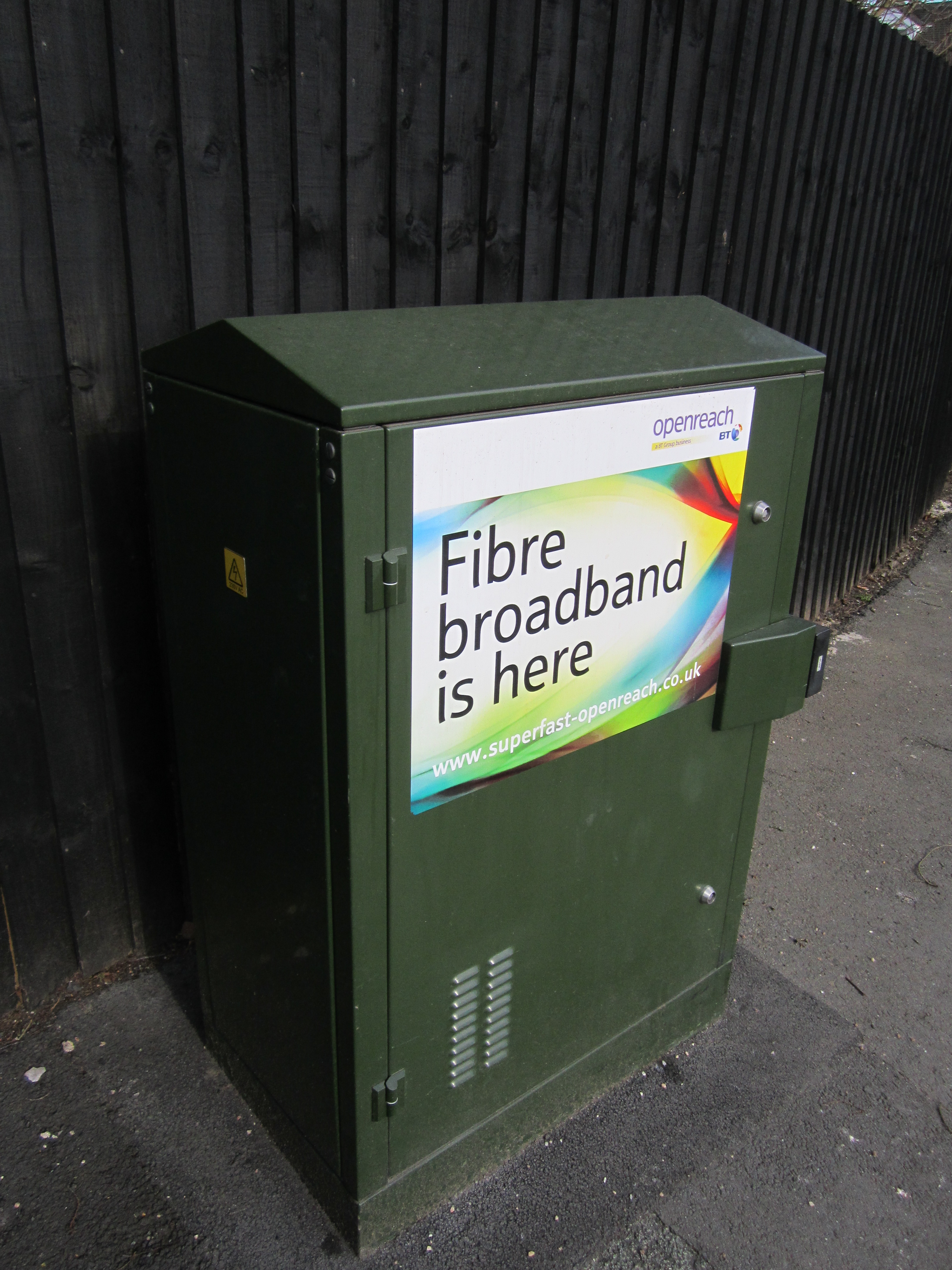 Broadband not meeting UK consumer expectations
Broadband not meeting UK consumer expectationsNews Survey finds many unhappy with broadband in the UK
By Ingrid Fadelli
-
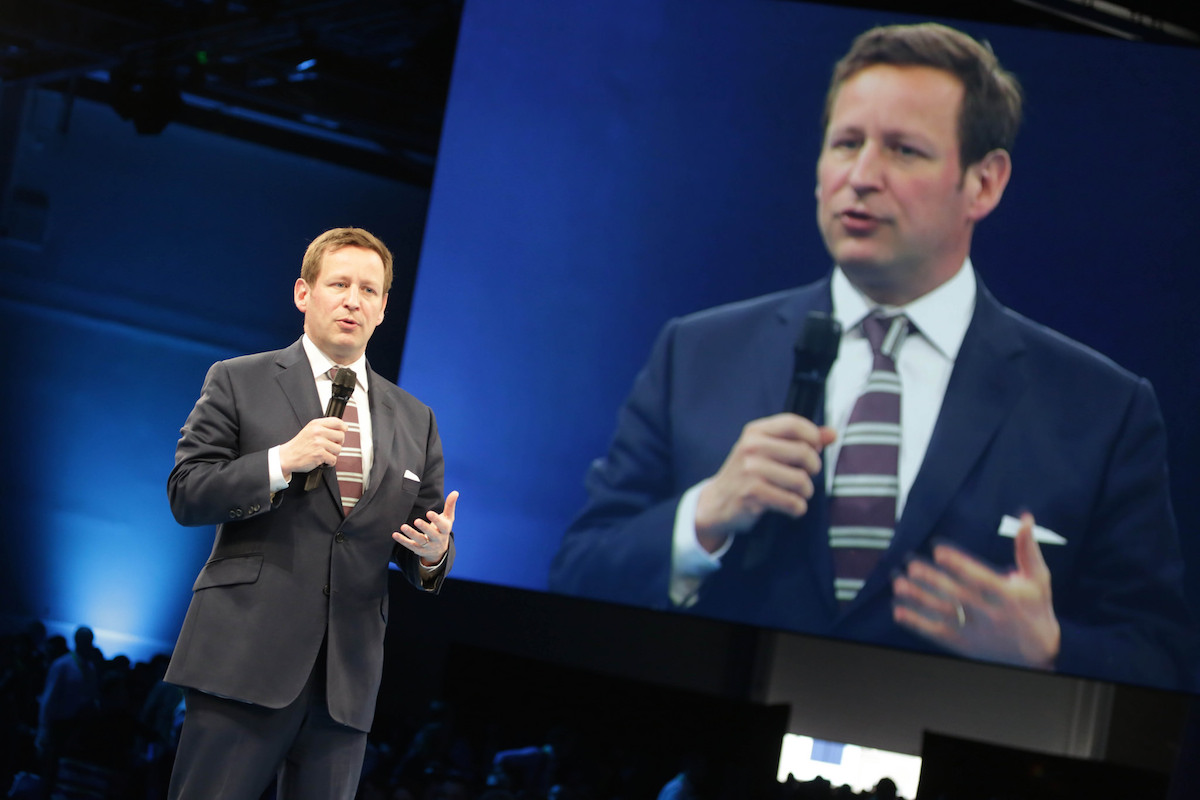 Are we really better off as part of the EU?
Are we really better off as part of the EU?News Ed Vaizey certainly thinks you are if you’re a start up or innovator…
By Maggie Holland
-
 Government says everyone now has 2Mbps internet access
Government says everyone now has 2Mbps internet accessNews Department for Culture, Media and Sport has introduced satellite grants for those in low-speed areas
By Clare Hopping